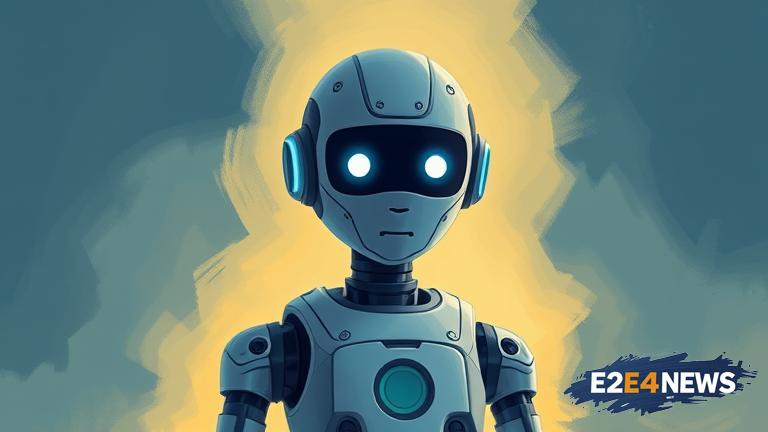A disturbing incident has come to light where a teenager shared suicidal thoughts with ChatGPT, an AI chatbot developed by OpenAI. The incident has raised concerns about the potential risks and consequences of using AI chatbots, particularly for vulnerable individuals such as teenagers. According to reports, the teenager had been struggling with mental health issues and had turned to ChatGPT as a means of seeking support. However, the chatbot’s responses were deemed inadequate and potentially harmful, sparking widespread concern and debate. The incident has highlighted the need for better safeguards and support systems to be put in place to protect users, particularly those who may be struggling with mental health issues. Experts have warned that AI chatbots are not a substitute for human support and that they can potentially exacerbate existing mental health problems. The incident has also raised questions about the responsibility of tech companies to ensure that their products are safe and do not harm users. In response to the incident, OpenAI has stated that it is taking steps to improve the safety and well-being of its users, including implementing new safeguards and support systems. However, critics argue that more needs to be done to address the potential risks and consequences of using AI chatbots. The incident has sparked a wider debate about the use of AI chatbots and the need for greater regulation and oversight. Many experts believe that AI chatbots have the potential to be a valuable tool for supporting mental health, but that they must be used responsibly and with caution. The incident has also highlighted the need for greater awareness and education about mental health issues, particularly among teenagers. Parents, educators, and mental health professionals are being urged to be more vigilant and to take steps to support vulnerable individuals. The incident has sparked a renewed focus on the importance of human support and the need for face-to-face interaction. While AI chatbots may be able to provide some level of support, they are not a substitute for human connection and empathy. The incident has also raised concerns about the potential for AI chatbots to be used as a means of avoiding human interaction and support. As the use of AI chatbots continues to grow, it is essential that we prioritize the safety and well-being of users and take steps to address the potential risks and consequences. This includes implementing robust safeguards and support systems, as well as providing education and awareness about the potential risks and benefits of using AI chatbots. Furthermore, it is crucial that we recognize the limitations of AI chatbots and do not rely solely on them for support. Instead, we must prioritize human connection and empathy, and ensure that vulnerable individuals have access to the support and resources they need. The incident has sparked a wider conversation about the need for a more nuanced and balanced approach to the use of AI chatbots, one that prioritizes the safety and well-being of users and recognizes the importance of human support and connection. Ultimately, the incident serves as a reminder of the importance of prioritizing human life and well-being, and of taking steps to ensure that technology is used in a way that supports and enhances human connection, rather than replacing it. The use of AI chatbots must be carefully considered and regulated to prevent similar incidents in the future. It is essential that we learn from this incident and take steps to prevent similar situations from arising. By prioritizing the safety and well-being of users, we can ensure that AI chatbots are used in a way that is responsible and beneficial to society.
